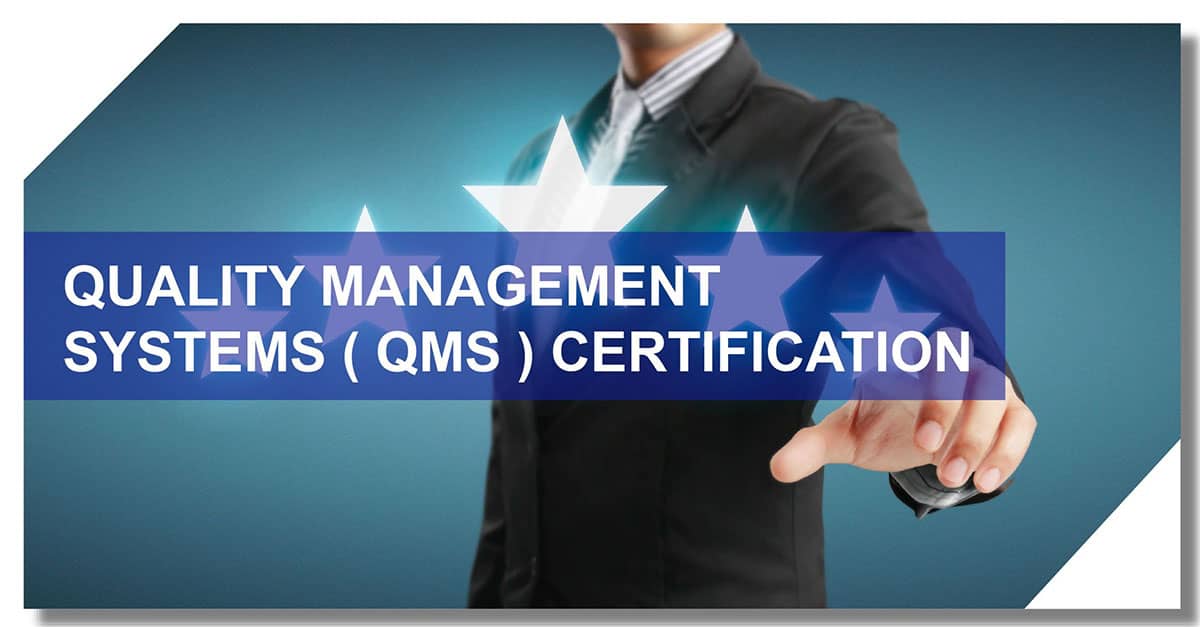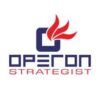Quality Management System (QMS) Consultant for Medical Devices
What is a Quality Management System (QMS)?
A Quality Management System (QMS) is a structured framework of processes, procedures, and documented policies implemented to ensure consistent product quality, operational control, and compliance with applicable regulatory requirements.
In the medical device industry, a QMS covers critical areas such as design and development, manufacturing, risk management, clinical evaluation, and post-market surveillance. Internationally recognized standards like ISO 13485:2016 and the US FDA’s 21 CFR Part 820 Quality System Regulation are essential benchmarks for ensuring product safety, effectiveness, and global market readiness.
For manufacturers pursuing CE Mark certification, integrating a compliant QMS is also a fundamental requirement under EU MDR and IVDR regulations.
Let's Grow Your Business Together
Importance of a QMS in Medical Device Manufacturing
An effectively implemented Quality Management System enhances product quality, reduces operational risks, and ensures compliance with stringent market-specific regulations. Key benefits include:
- Improved operational consistency and product traceability
- Reduced non-conformance incidents and regulatory violations
- Optimized process control and operational efficiency
- Facilitated regulatory submissions and faster product approvals
- Increased market reputation and customer confidence
At Operon Strategist, we support clients in aligning their QMS with both international standards and country-specific frameworks such as 21 CFR Part 820 in the United States and ISO 13485:2016 for the European market.

QMS Certification Consulting Services We Provide
Our consultancy services cover a complete range of QMS certifications and implementation solutions:
- ISO 13485:2016 Certification — The international quality management standard for medical devices, critical for meeting FDA, EU MDR, and other regulatory requirements.
- ISO 15378 Certification — QMS certification for primary packaging materials of medicinal products, ensuring GMP-compliant packaging solutions.
- ISO 9001:2015 Certification — A globally recognized QMS standard for organizations across industries, supporting risk-based process management.
- US FDA 21 CFR Part 820 Compliance — Comprehensive guidance in implementing the FDA’s Quality System Regulation for medical device manufacturing.
- 21 CFR Parts 210 & 211 Compliance — Quality Assurance processes specific to the manufacturing, packaging, and storage of pharmaceutical products.
Additionally, our Validation Documentation Services and US FDA 510(k) Consulting further complement QMS implementation for regulated markets.
How to Obtain a QMS Certification
To achieve QMS certification, an organization must:
- Implement a QMS in alignment with the relevant ISO or FDA standard
- Conduct comprehensive internal audits and management reviews
- Address identified non-conformities through corrective actions
- Undergo a formal audit by an accredited certification body
Our consultants provide end-to-end support — from system design, document preparation, internal audits, and staff training, to audit readiness — ensuring successful certification outcomes.
Role of a QMS Consultant
An experienced Quality Management System consultant ensures that organizations:
- Identify applicable regulatory standards and market-specific requirements
- Develop and customize QMS documentation and process controls
- Train operational teams on QMS policies, document management, CAPA procedures, and risk management
- Prepare for regulatory body and notified body audits
- Oversee internal audits, management reviews, and continuous improvement programs
We also assist with Turnkey Medical Device Manufacturing Plant Setup, ensuring infrastructure and workflows comply with global quality and regulatory standards.
Operon Strategist’s Expertise in QMS Implementation
As specialist QMS certification consultants, Operon Strategist partners with medical device companies and healthcare manufacturers worldwide to develop compliant and operationally effective quality management systems. Our services include:
- QMS documentation development and review
- Process mapping and validation support
- Regulatory submission and approval guidance
- Internal audit planning and pre-certification audits
- Notified body, FDA, and certification body coordination
We have successfully delivered regulatory solutions across India, Egypt, South Africa, Costa Rica, the USA, Oman, Iran, and the United Kingdom, supporting companies in securing FDA 510(k) clearances, CE Mark approvals, and local market certifications.
Advantages of a Quality Management System
A properly designed and maintained Quality Management System offers:
- Increased operational control and product reliability
- Faster market access through improved regulatory compliance
- Strengthened customer confidence and brand positioning
- Reduced product recalls and adverse event occurrences
- Simplified regulatory inspections and certification renewals
Organizations can further enhance their market readiness by integrating services like Validation Documentation Consulting and FDA 510(k) Submission Consulting alongside QMS implementation.
Start Your QMS Certification Journey
Why Choose Operon Strategist?
With a decade of proven regulatory expertise, Operon Strategist delivers customized, business-aligned QMS implementation and certification consulting services. Our capability spans medical devices and IVDs with services covering:
- ISO 13485, ISO 15378, implementation
- US FDA 21 CFR 820, 210 & 211 compliance solutions
- CE Marking,FDA 510(k),and validation documentationsupport
- Turnkey plant setup and cleanroom validation services
Our extensive network, technical expertise, and track record across multiple markets position us as a trusted partner in achieving sustainable regulatory compliance and operational excellence.
FAQ'S
What is a Quality Management System (QMS) within a turnkey project?
A QMS is a structured system of processes, procedures, and policies that ensures consistent product quality, operational efficiency, and regulatory compliance—especially critical in medical device manufacturing.
Why is QMS essential for medical device manufacturing?
It enhances quality control, reduces operational risks, streamlines regulatory compliance, improves traceability, and supports faster certification and market access.
What standards are commonly supported in QMS implementation?
Key standards include ISO 13485:2016, ISO 15378 (for medicinal packaging), ISO 9001:2015, US FDA 21 CFR Part 820, and Parts 210 & 211.
How can a company start with a turnkey QMS project?
A company can begin by assessing regulatory requirements, defining project goals, and engaging consultants to design and implement the system step by step.
